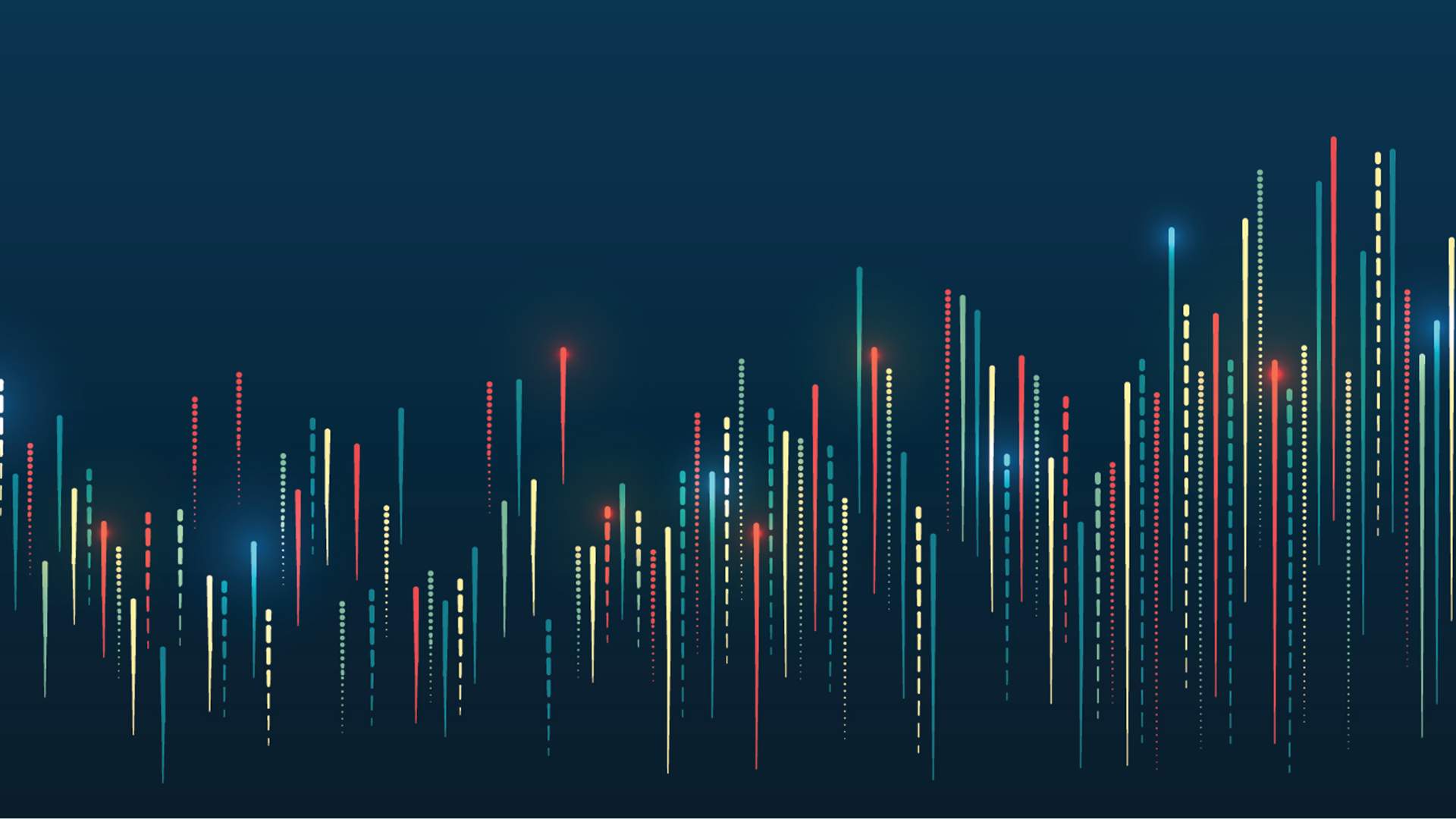Your Brain is Not the Wiki

Are you the one everyone asks?
Does your team constantly ping you for an obscure detail about a past project, the specific client preference, or the exact process for handling that particular edge case?
If you frequently find yourself re-answering the same questions and straining to remember decisions made years ago, then congratulations (and condolences) – you're carrying a significant chunk of your organization's memory in your head.
Your brain is a powerhouse of ideas, solutions, and historical context. You connect dots, foresee challenges, and often provide the critical glue that holds projects and processes together. The creative connections your brain can make with all that knowledge will be the secret to your organization's success. That said, it’s a huge load on your brain to remember this stuff on demand. Your brain is not, and should never be, the primary organizational wiki.
The Problem: The Human Knowledge Silo
Relying on individuals for institutional knowledge, no matter how brilliant or well-intentioned, is a recipe for chaos and inefficiency:
- The Bus Test: What happens if you're on vacation? What if you move to a new role?
- Information Asymmetry: Not everyone has access to the same information, leading to duplicate efforts and inconsistent outputs.
- Slow Onboarding: New team members struggle to ramp up, relying heavily on the knowledge keepers.
- Decision Paralysis: Teams re-litigate old debates without access to history or context.
- Burnout: Constant questions drain time and energy.
- Lost Insights: Important context disappears when it’s stored only in someone’s head.
For the Founder, this means time diverted from growth. For the Ops Generalist, it’s a bottleneck in efficiency. For the Creative Thinker, it stifles innovation. This is not about being indispensable; it’s about being inefficient.
The Case for Knowledge Systems: From Chaos to Clarity
The solution isn't to stop sharing knowledge, but to shift how it's shared and stored. Move from personal memory to shared, accessible systems that act as an organizational brain. This brings immediate clarity and long-term resilience.
- Scalability: Knowledge becomes independent of individuals.
- Efficiency: Answers are self-service.
- Consistency: Documented processes reduce errors.
- Empowerment: Team members can find answers themselves.
- Innovation: Readily available insights enable new ideas.
- Resilience: The organization is less vulnerable to change.
Lightweight Ways to Start: Building Your Collective Brain
You don’t need a massive, expensive solution. Start small with low-friction habits:
The "One-Pager" Approach
- Identify: What are the top 3 repeat questions? Which process trips up new hires?
- Document: Write concise steps in a shared doc.
- Share: Link it in chat, drives, or a FAQ list.
- Refine: Direct questioners to it. Update as needed.
"Decisions & Rationale" Log
- Create: Use a shared doc or thread.
- Record: After key decisions, note:
- What was decided?
- Who was involved?
- When it was decided?
- Why – include rationale and alternatives considered.
- Reference: Use it to avoid repeat debates.
"Shared Learning" Channels
- Dedicated Channels: Use #knowledge-share or #lessons-learned.
- Post & Discuss: Encourage sharing tips and insights.
- Thread & Summarize: Summarize key points in a doc when needed.
Leverage Your Existing Tools
- Google Workspace / Microsoft 365: Shared folders, Google Sites, or OneNote can go a long way.
- Slack / Teams: Pin messages, use search, and create reference docs.
- Project Management Tools: Document decisions in Trello, Asana, or Jira.
Your Clarity Starts Now
The shift to accessible systems starts with a single step. Offload one thing from your brain today. Invite your team to do the same.
Your brain is for innovating, not storing every detail. Let systems hold the memory, so you can lead with clarity.